Published
2 years agoon
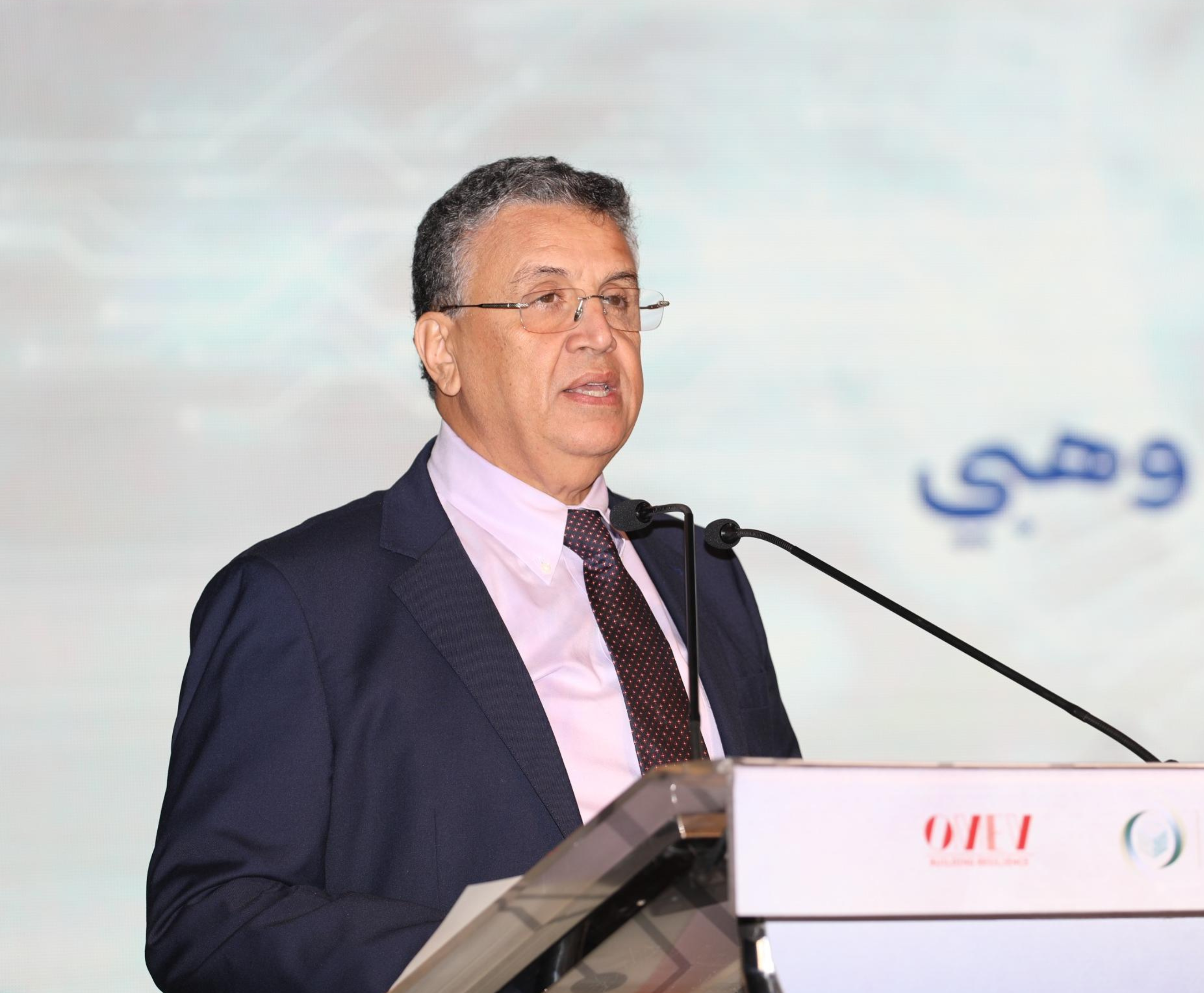
Minister of Justice, Abdellatif Ouahbi, reiterated, on November 22 in Geneva, Morocco’s commitment to fighting all forms of racial discrimination and to enshrining the values of equality and cultural pluralism in legal texts and social reality.
In an address at the 111th session of the Committee on the Elimination of Racial Discrimination (CERD), on the occasion of its combined examination of the 19th, 20th, and 21st periodic reports on the implementation of the International Convention on the Elimination of All Forms of Racial Discrimination (ICERD), Ouahbi noted that Morocco’s 2011 Constitution has enshrined the harmonious blend of tributaries of national identity and universal values, just as it has recognized cultural and linguistic diversity as a social reality.
The Moroccan minister added that the Constitution established the reference framework for prohibiting and combating all forms of discrimination, recognizing equality between Moroccan citizens and foreign residents, and extending economic, social, cultural, and environmental rights.
Highlighting the Kingdom’s position as a hub for intercultural exchanges between Africa, the East, and the Mediterranean, and as a homeland for the values of openness, moderation, tolerance, dialogue, and mutual understanding, Ouahbi noted that this privilege has been established thanks to the profound historical and central position of the institution of the “Commandery of the Faithful” in its symbolic, spiritual, and functional dimensions, as a guarantor and fundamental pillar for the protection of the rights and freedoms guaranteed by the Constitution and other international obligations.
The Moroccan Minister shed light on the special status of the Hebraic component and the freedom with which Christians practice their religion, describing it as a model of coexistence and intercultural exchange between the different components of Moroccan society and tangible proof of the State’s commitment to guaranteeing freedom of worship based on tolerance, coexistence, and dialogue.
At the cultural level, Minister Ouahbi noted that Morocco had adopted a new integrated cultural policy focusing on the consolidation of the country’s tangible and intangible cultural capital, the rehabilitation of public cultural assets to render them more local and accessible, the establishment of structured cultural projects, and the multicultural production.
The official stressed that Morocco has proceeded with the adoption and implementation of the organic law outlining the stages for the implementation of the Amazigh language’s official status and the modalities for its integration in education and the different public life sectors, noting that the Royal Proclamation of the Amazigh New Year as an official national holiday in Morocco is a major initiative reflecting the country’s profound attention to this national commitment.
Minister Ouahbi also explained that in line with this commitment, permanent governance mechanisms have been established to monitor and support the implementation of an integrated plan to institute the official status of the Amazigh language in the fields of education, legislation, and regulation, parliamentary work, litigation, media, and communication, as well as in several areas of cultural and artistic creativity, and the use of the Amazigh language in public life.
The Moroccan official also stated that the Kingdom pays close attention to preserving and enhancing Hassani culture and heritage, particularly through the launch of qualitative projects as part of the implementation of the development model for the Southern provinces.
Minister Ouahbi mentioned, in this regard, the organization of cultural festivals, the support for cultural projects and associations, and the activities of the Hassani Studies and Research Center.
The Minister further shed light on efforts to preserve, enhance, and protect the Hebraic tributary of Moroccan cultural heritage through the implementation of restoration and rehabilitation projects in several Moroccan Jewish neighborhoods and spaces, the integration of Moroccan Jewish culture and history into teaching programs from the earliest levels of education, the establishment of memorial centers and museums of Jewish culture, and the implementation of programs to enhance the value of Jewish intangible cultural heritage in the crafts industry.
The members of the Moroccan delegation interacted with the questions and observations of the members of the United Nations committee, in the presence of Morocco’s Ambassador and Permanent Representative to the United Nations (UN) Office in Geneva, Omar Zniber, and the Secretary General of the Interministerial Delegation for Human Rights (DIDH), Abdelkarim Boujradi.
The Moroccan delegation also highlighted the Kingdom’s multi-sectoral efforts and policies to combat all forms of racial discrimination, particularly in important sectors such as the judiciary, national security, education, immigration, and media.
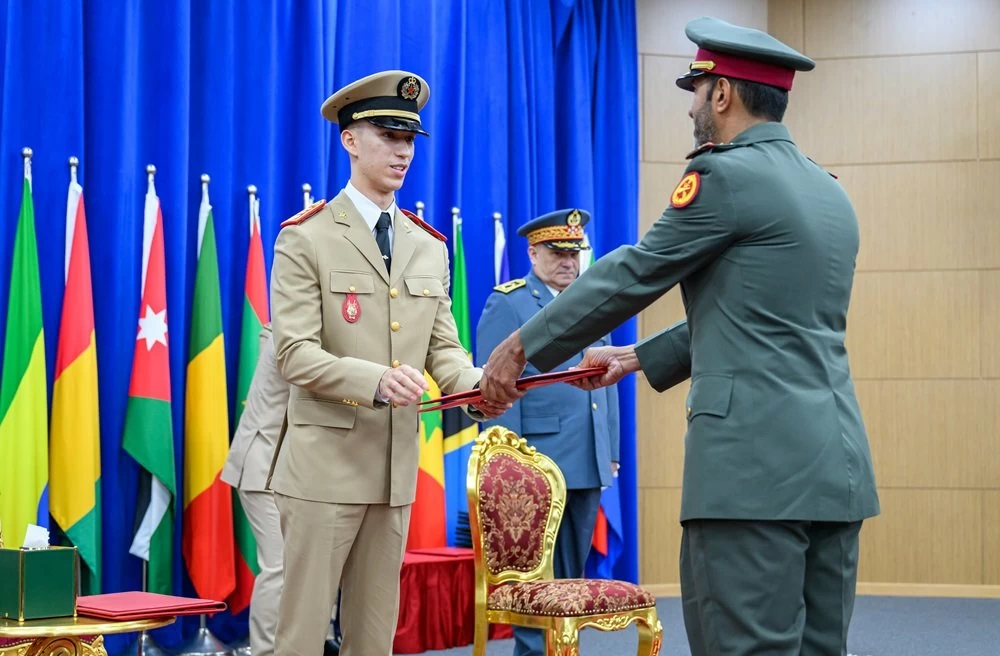

HRH Crown Prince Moulay El Hassan Chairs Graduation Ceremony of 24th Higher Defense Class, 58th General Staff Class
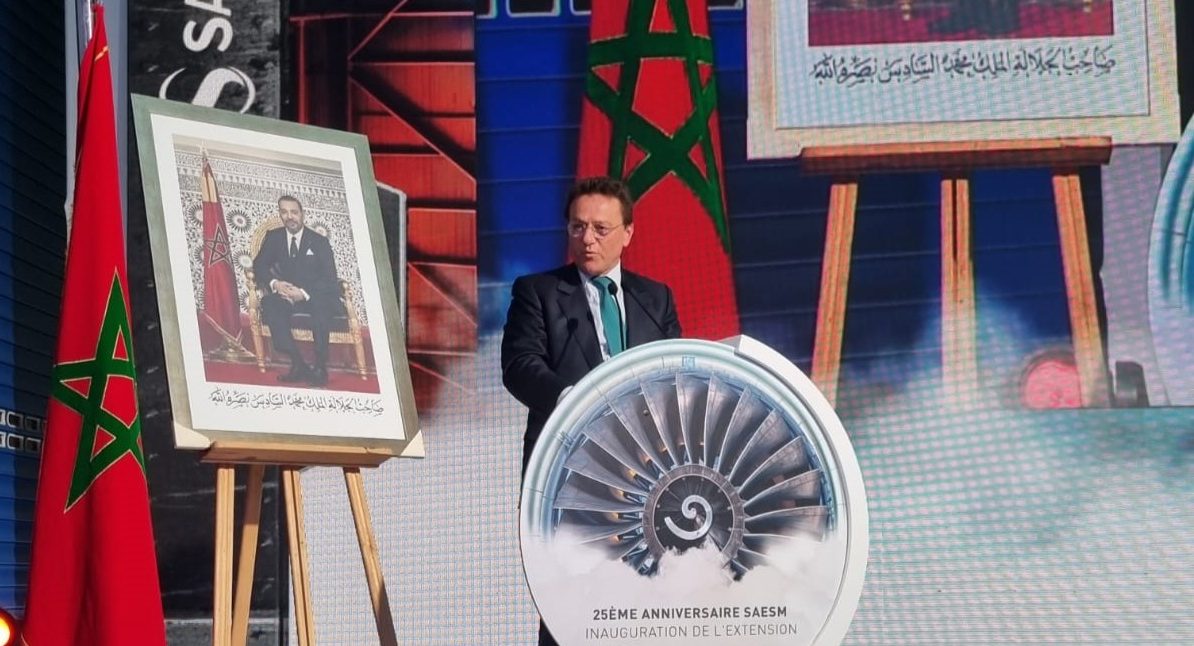
Berlin: Minister Mohamed Abdeljalil Expresses Morocco’s Commitment to Fight Against Climate Change
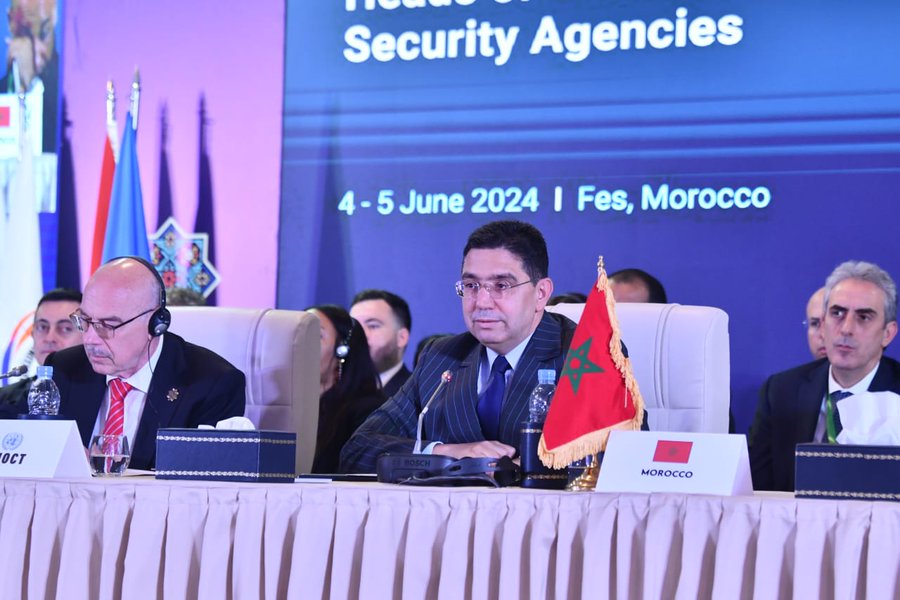

FM Nasser Bourita Sheds Light on Royal Vision Relating to African Cooperation in Counter Terrorism
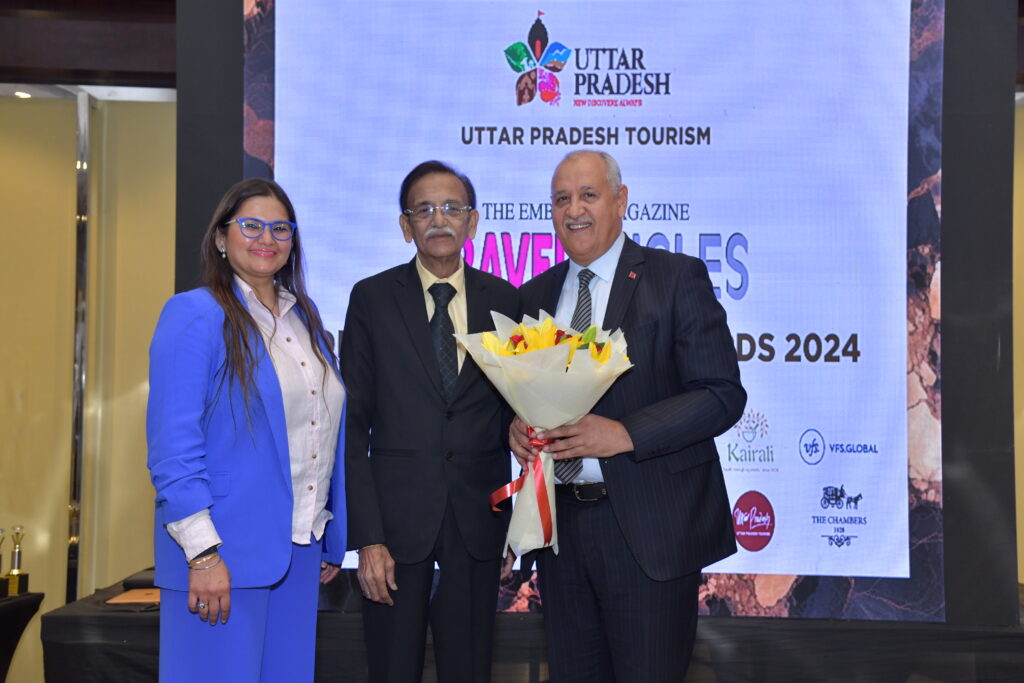

New Delhi: Morocco Named Most Vibrant Destination (TravelJingles)
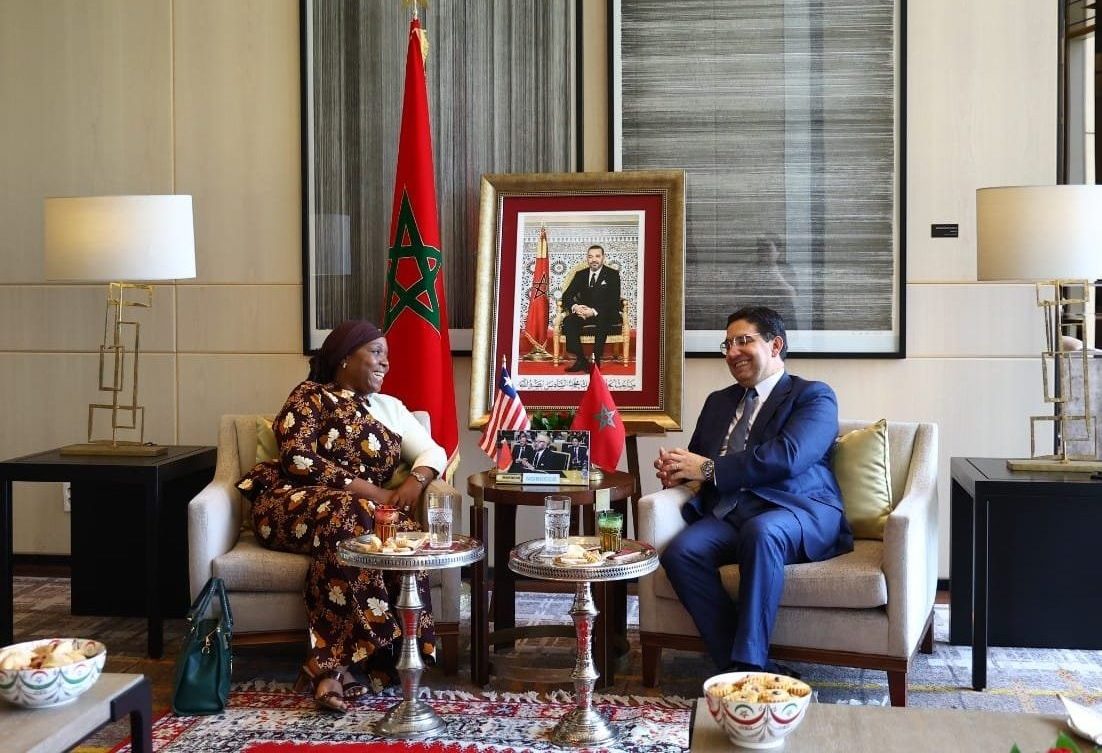

Liberia Reiterates Support For Morocco’s Sovereignty, Territorial Integrity
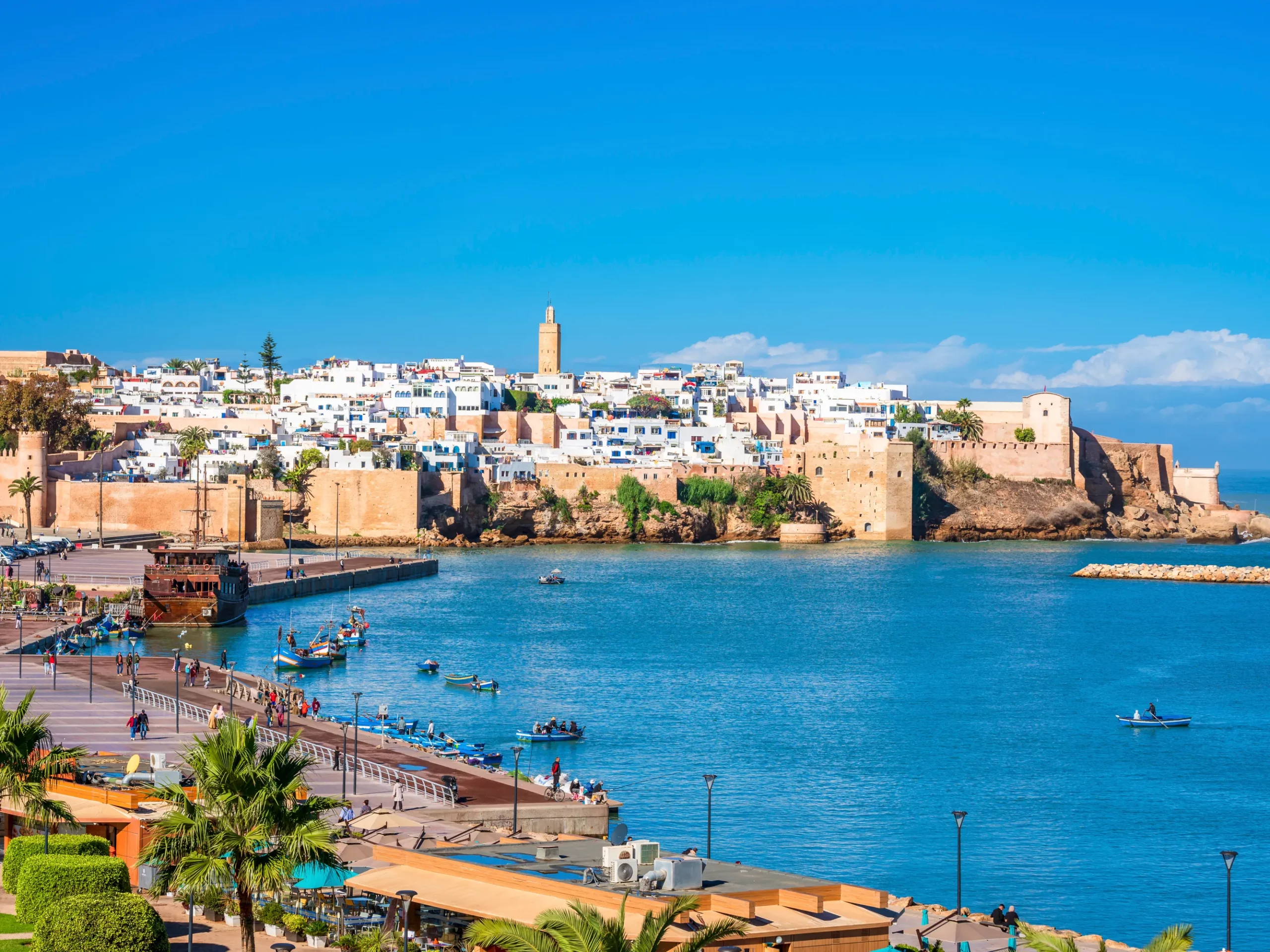

Morocco Among Best Destinations for French Retirees in 2024 (Le Figaro)




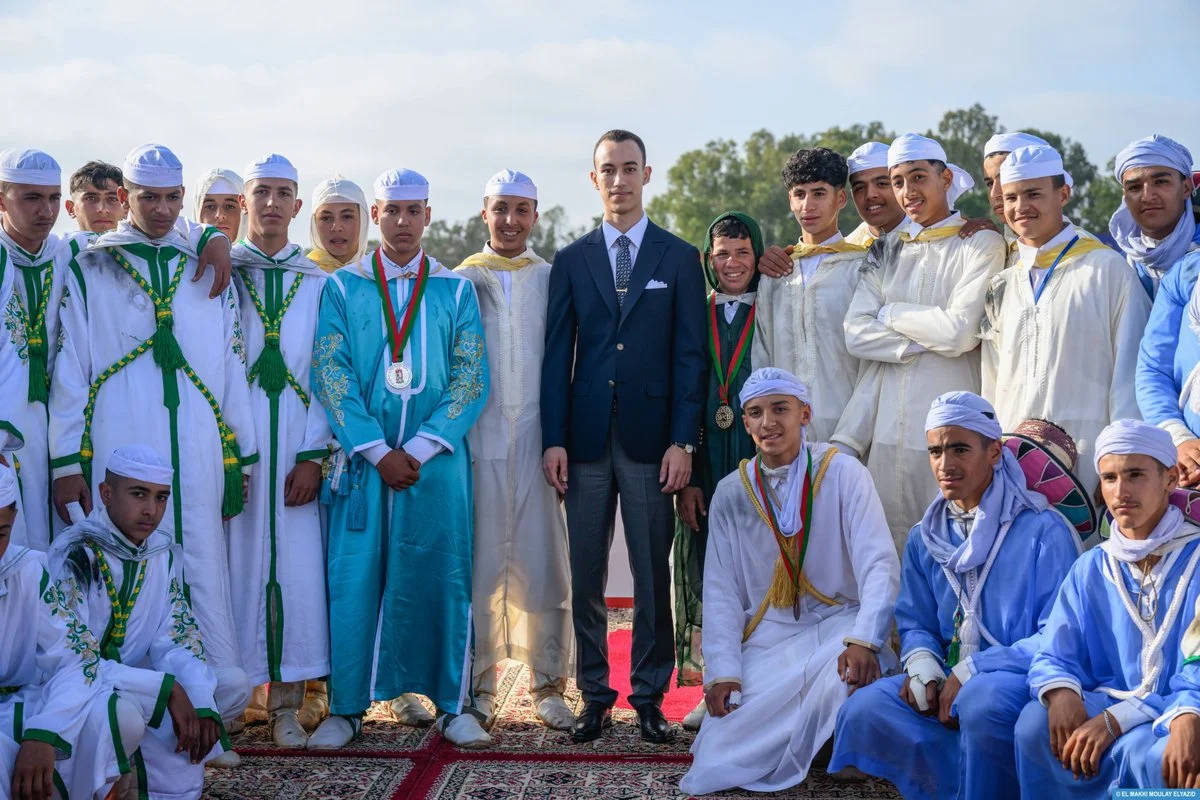

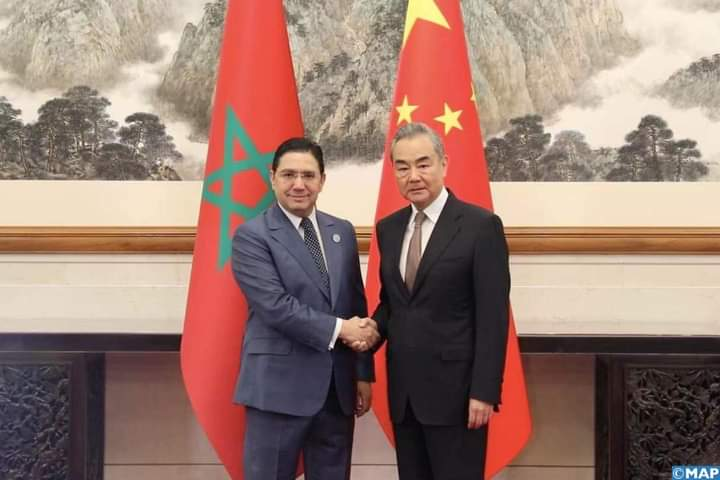
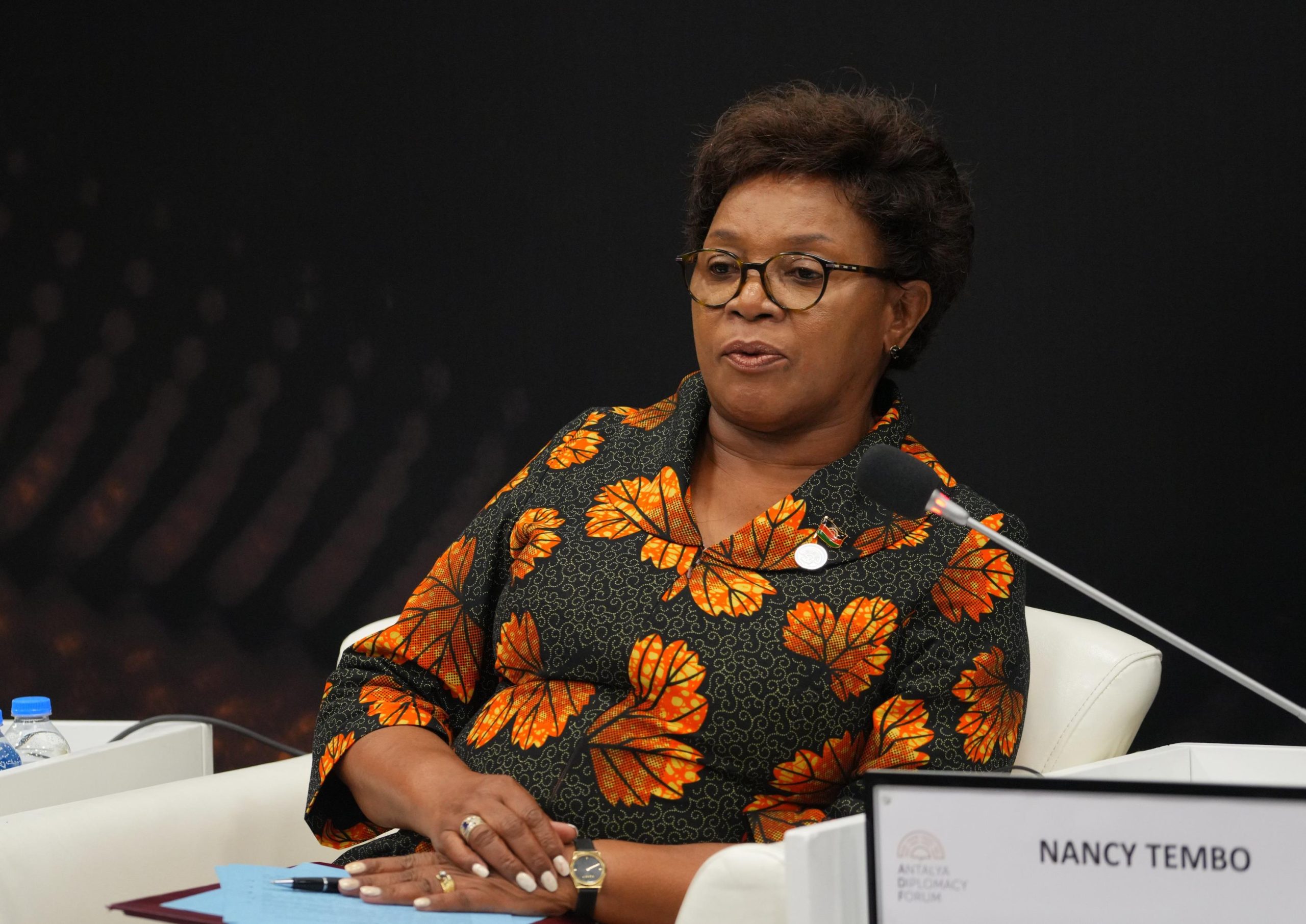
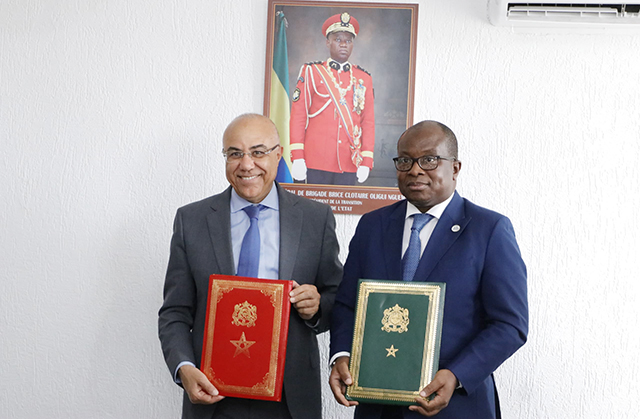
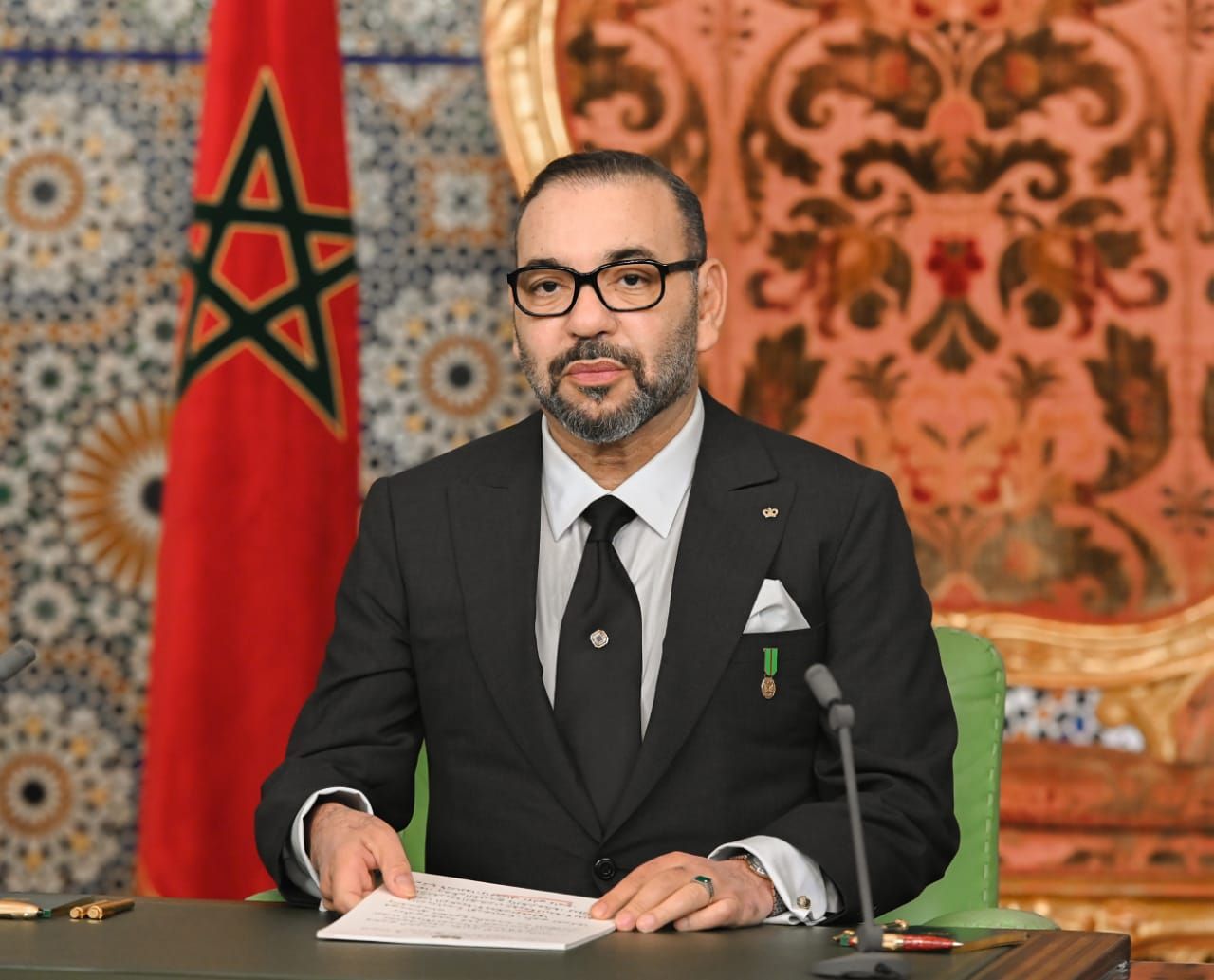
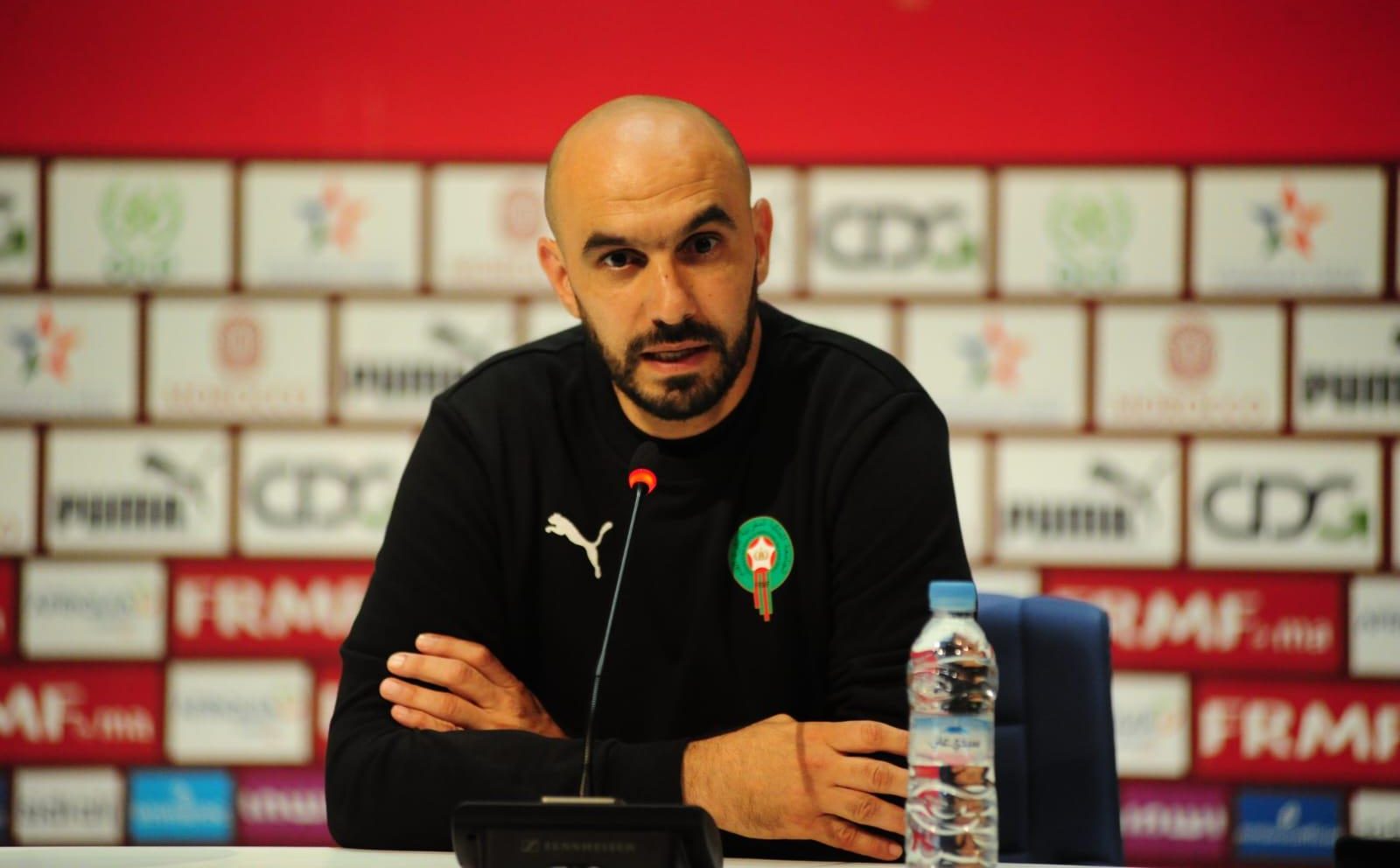
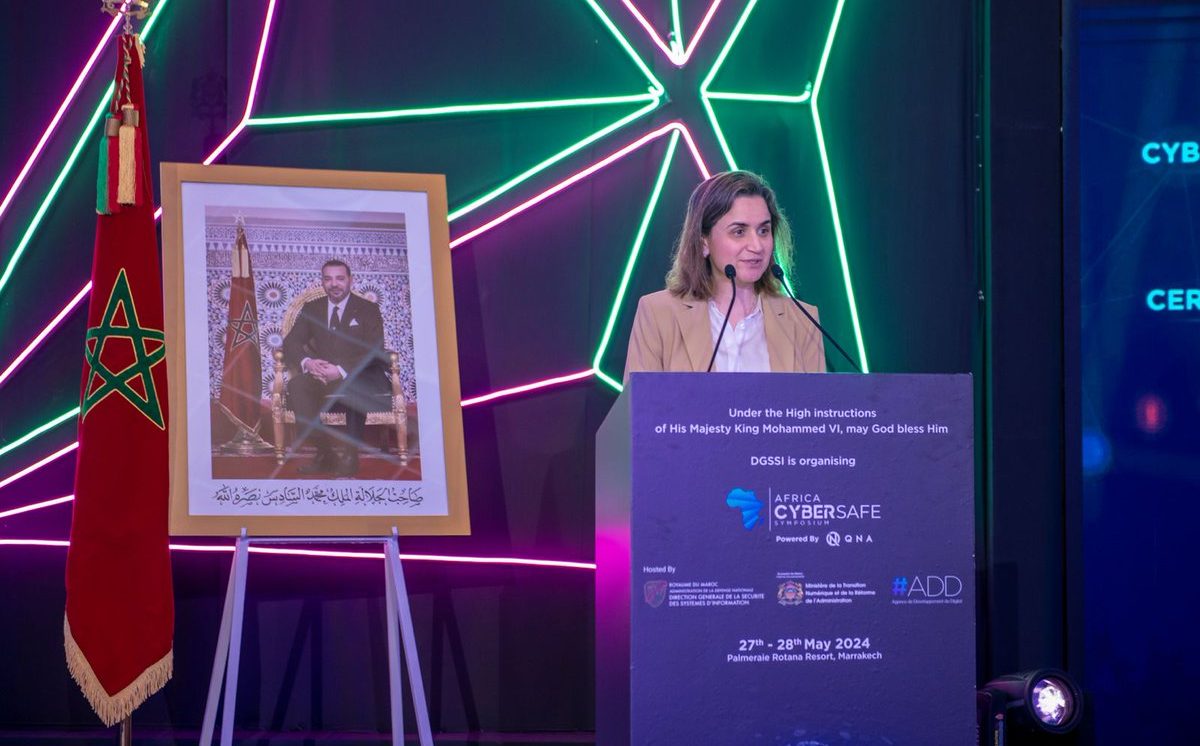
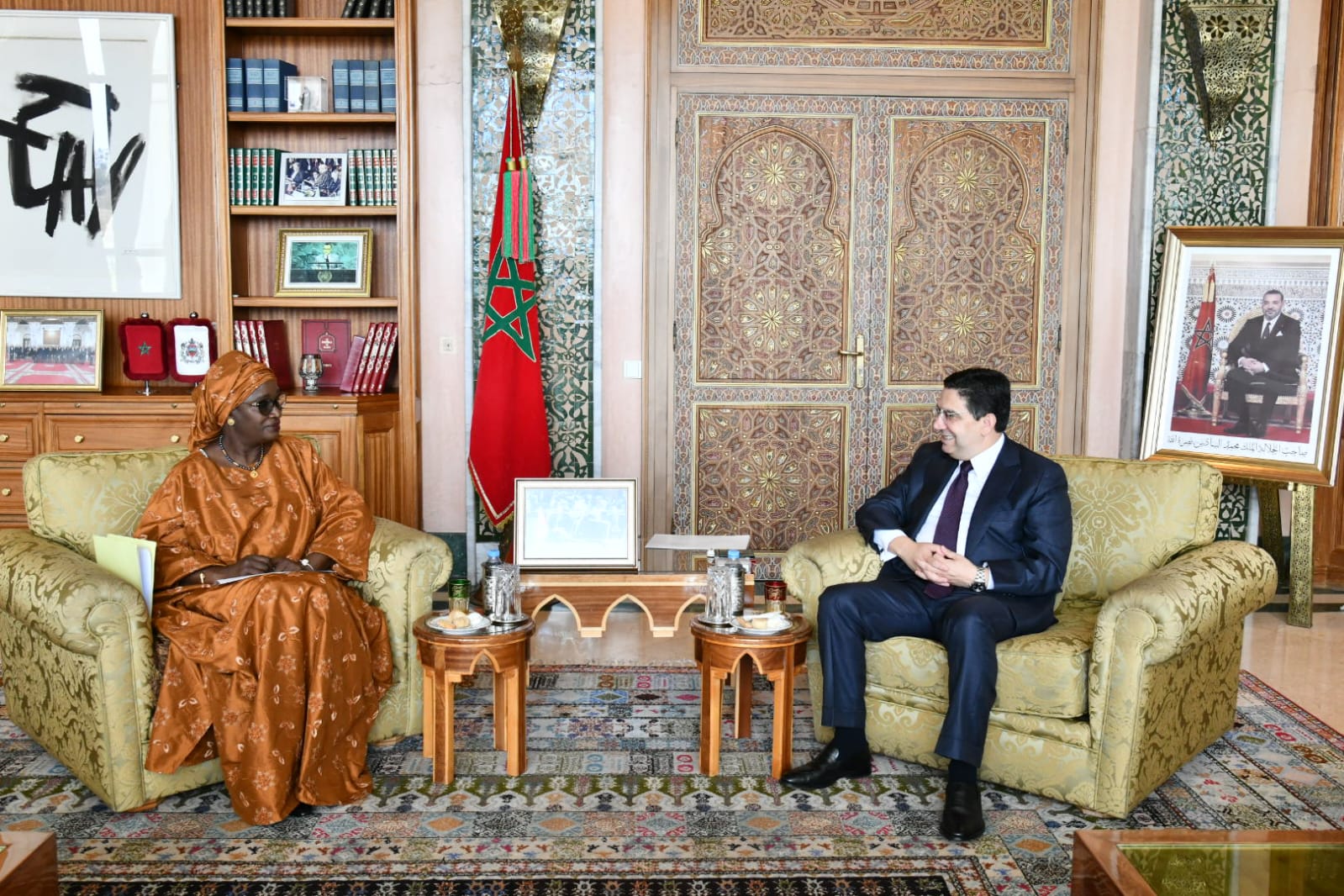
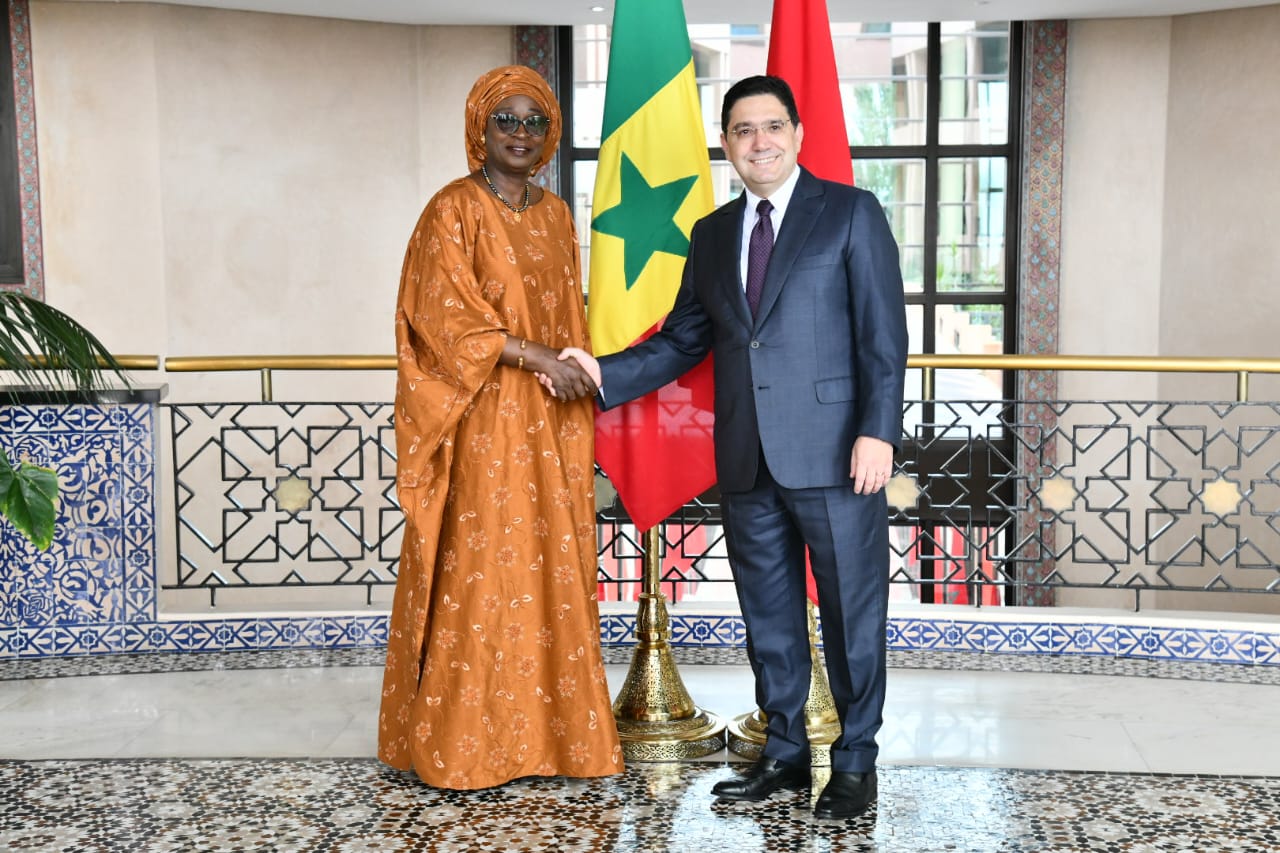
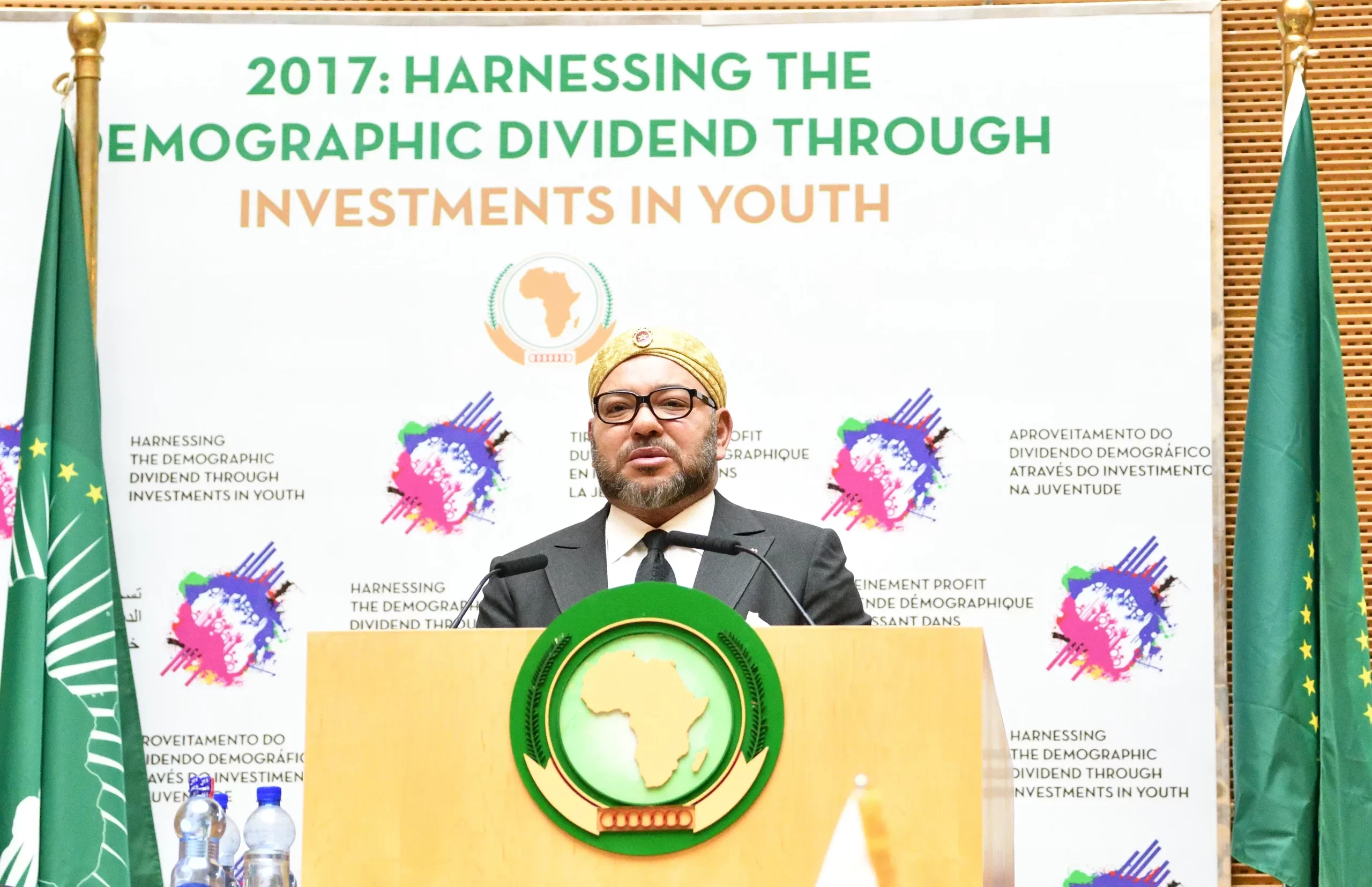
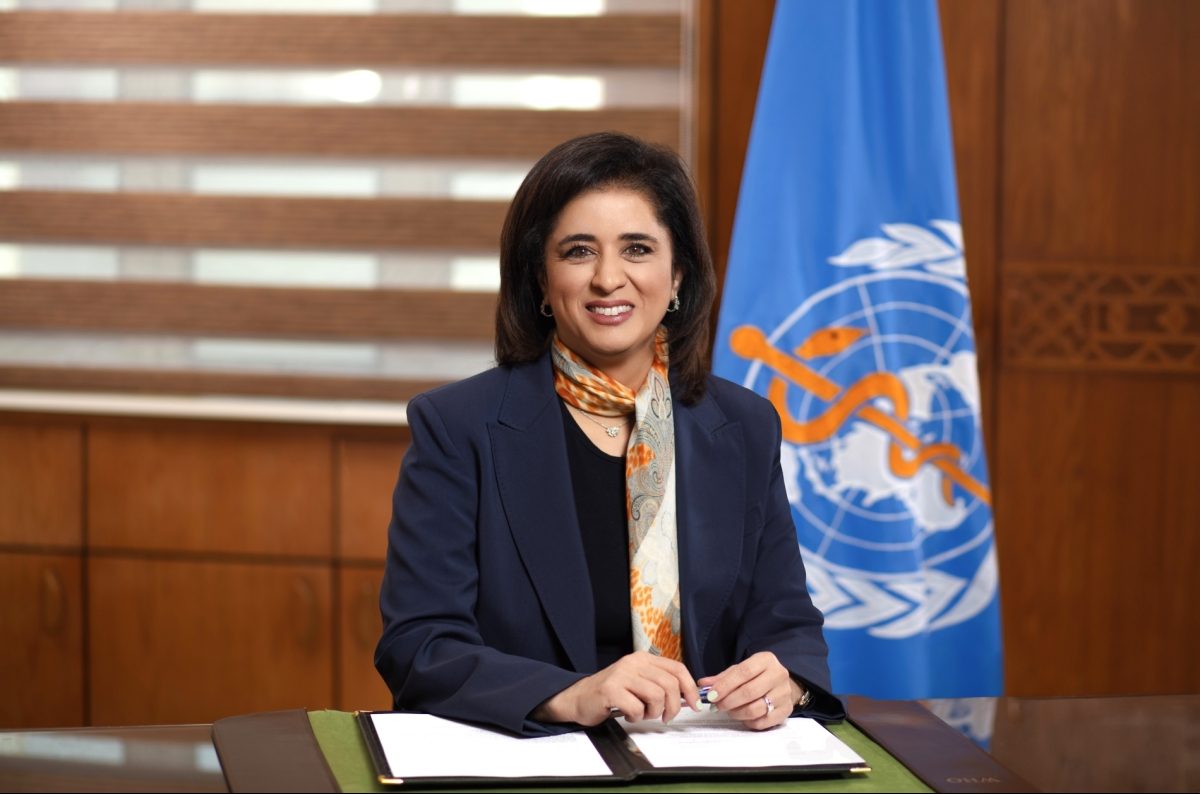
















Althena Media Group
Address:
Kamal Parc Center, Building A. Mohammedia. 28 810 Morocco
Phone Number: +212.710.39.99.99
Email: Contact@moroccoenglishnews.com
Advertising: Ads@moroccoenglishnews.com
Morocco English News is a leading digital news platform based in Morocco.
Morocco English News: See Morocco Differently
Updates and insights related to politics, culture, industry and technology, life and entertainment, Business and Finance.
